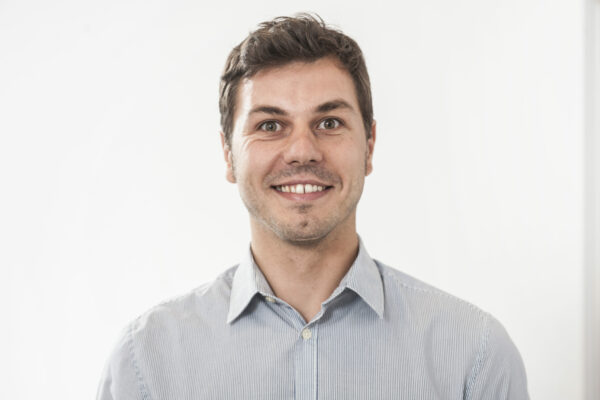

Jan Royackers
jan@schoolmakers.be
0485 20 28 19
https://www.linkedin.com/in/jan-royackers-21b78b73/
Offering all young people an excellent education, where they learn to taste freedom and responsibility. How do we organise this? How do we live it? That inspires me.
My inspiration
In youth work, I have discovered that I am enormously fascinated to form young people and to support them in learning to take responsibility and be independent. In my opinion, this is the competence that counts in the future. In education – first as a French teacher and later as a student counsellor – I initially found it hard to see how fragmented we look at young people. Gradually, I discovered how we can look more broadly, and that it is an added value to be able to approach everyone as personally as possible. This is how I got the urge to think beyond my own lessons and think about how we can organise education in function of that sense of freedom and responsibility in young people. And at the same time: how we as leaders and team can model this ourselves, how we can let in oxygen and inspiration (again) and pass this on to our pupils.
My dada’s
My ambition: to ensure that every student receives excellent education tailored to his or her needs. This is a great challenge because diversity is increasing and we have to start questioning the evidence. How we approach this is interesting both on the classroom floor and beyond. We must therefore look for inspiration from all over the school, both at home and abroad, in order to achieve this excellence.
This means that we must move away from thinking in terms of problems, disorders and obstacles. A young person is at a point in his or her development and education has to intervene at these points again and again, strengthening that young person in the steps he or she can then take.
I translate this into exciting themes such as focusing on flexible learning paths and differentiation, a care policy that coincides with a quality policy for every pupil and a school policy that strives for excellence. At the same time, I find it interesting to look at what the support needs might be for each disadvantaged group and how these can be structurally built in, for example: what do multilingual pupils, newcomers with a foreign language need exactly? How do we make our learning environments as inclusive as possible?
My favorite requests for support and guidance
- How do we ensure that the transition from primary to secondary school on our campus is as gradual as possible?
- How can we as a school offer each student a challenge tailored to his/her needs?
- How can we as a school focus more on differentiation, broad evaluation and/or co-teaching?
- How can we, as a school, give our multilingual and (ex-)OKAN students a warm welcome and a safe environment?
- How do we switch from a 2 x 6 system (6 years primary, 6 years secondary) to 3 x 4, with 4 years of teenage school?
- How do we ensure that pupils are at the helm of their own learning process, and bear as much responsibility as possible, also outside the lessons?
My career
I have a Master’s degree in Roman languages (French and Spanish) and followed a postgraduate course in socio-emotional pupil guidance. I have 9 years of experience as a teacher and was a student counsellor for 6 years at a large secondary school. As a member of the Pedagogical Council I learned to approach educational themes from different educational levels: classroom floor, school policy, school group … Through master classes and additional training, I gained more in-depth knowledge about school policy, management and process guidance. I also worked as a volunteer in front of the classroom in Rwanda. This experience still inspires me every day to strengthen the resilience of young people.
